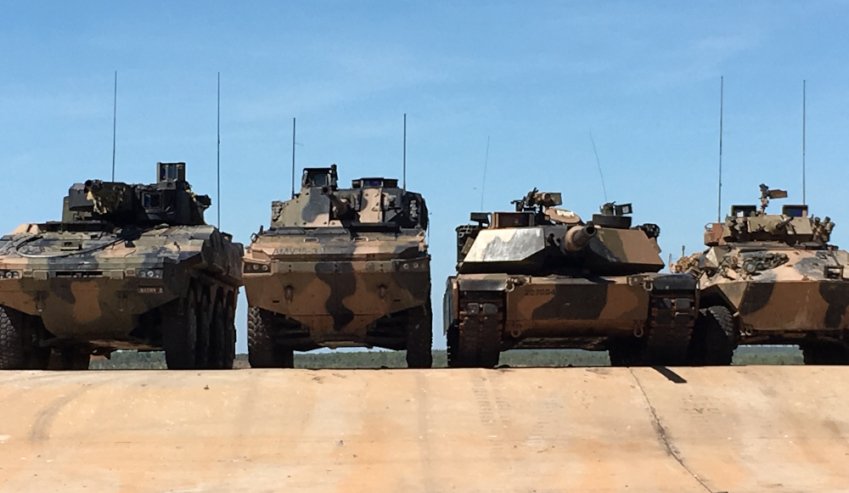As industry awaits the release of the overdue Future Submarines Australian Steel Development and Qualification plan, Defence has been called on to mandate the use of Australian steel in all of its projects.
To continue reading the rest of this article, please log in.
Create free account to get unlimited news articles and more!
Tender documents for the $35 billion SEA 5000 Future Frigates project released to former federal senator Nick Xenophon last week revealed there are no concrete requirements for the bidders to use Australian steel.
Meanwhile, answers from Defence officials at last year's Senate estimates also revealed the LAND 400 Phase 2 project, which will see either BAE Systems Australia or Rheinmetall deliver 225 combat reconnaissance vehicles to the Commonwealth, also contains no mandate for the use of Australian steel.
Major General David Coghlan, Head Land Systems, told the Senate estimates hearing in December the tender has taken an "encourage, rather than free to engage" approach, saying "there are no essential requirements in LAND 400 for anything" and that the aim of that is to "give industry the best possible option to provide AIC to the LAND 400 project".
While the government and Defence Industry Minister Christopher Pyne have maintained Australian steel will be used to build the Future Frigates and the LAND 400 vehicles, Australian Steel Institute CEO Tony Dixon told Defence Connect instituting a mandate for Australian steel in all taxpayer funded projects would provide social and economic benefits to Australia.
"The Australian Steel Institute strongly supports the mandating of Australian steel in all tax payer funded defence and infrastructure projects," Dixon said.
"Mandating Australian steel extends the social and economic benefits to Australian businesses, communities and individuals. This position was articulated by the Prime Minister when these projects were announced and should be a key criteria in determining the preferred contractor."
Senator Rex Patrick, a former submariner in the Royal Australian Navy, has also questioned why the tenders for the multibillion-dollar projects have failed to include requirements for Australian steel.
"The Prime Minister, Defence Industry Minister and Defence officials have all verbally expressed a need to use Australian steel in major projects like the SEA 1000, SEA 5000 and LAND 400. That verbal expression does not seem to have been translated into a written requirement in the tenders – which creates ambiguity for tender respondents," Senator Patrick said.
"I acknowledge that the government is pursuing the inclusion of Australian steel in the submarine contract. They have contracted Naval Group to develop a ‘Steel Development and Qualification Plan’. I will be keeping a close watch on Defence as SEA 5000 and LAND 400 progress to make sure similar plans are also contracted."
Both SEA 5000 and LAND 400 projects are set to be decided within the first half of the year.

 Login
Login







